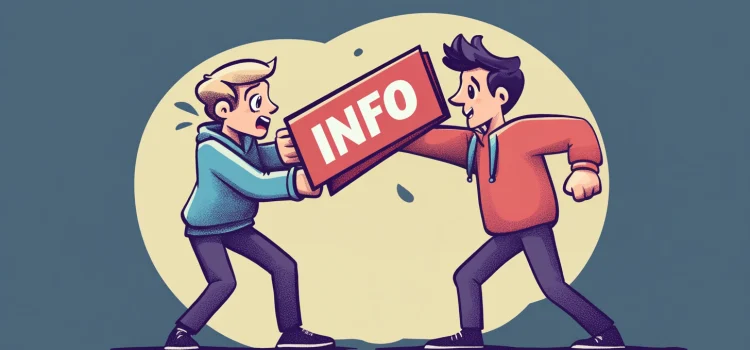Does your business have a purpose? Why do employees need a reason to feel motivated? Giving employees autonomy and motivating them isn’t enough to build a successful business. Horst Schulze contends that you need to establish a purpose-driven culture to give them a reason to work harder. Learn how to establish a culture where employees have a vision of what they need to achieve.
How to Establish a Purpose-Driven Culture for Your Business










